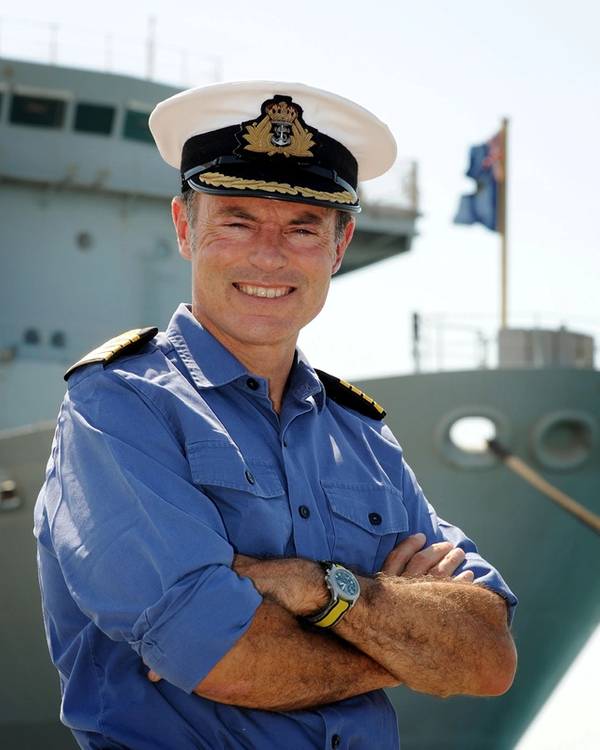
The trend in maritime security is one of growing complacency, the Chief Operating Officer of one of the UK’s maritime security firms has warned.
Speaking at the Global Shipping Trends and Trade Patterns conference in London has (April 29th), Gerry Northwood OBE from MAST said that there was growing complacency in terms of maritime security that could ultimately result in loss of life.
He added: “The problem is that incidents of piracy are not infrequent, and I often see the under reporting and misreporting of incidents. All maritime crime is piracy; we should not hide behind the legal distinction of armed robbery in territorial waters and piracy on the high seas. To the mariner who has just seen his shipmate killed, or has himself been maimed, held at knifepoint or just robbed of his possessions, it is all piracy.”
Northwood said that many companies seemed to be pairing back on the quality and substance of their security provision, or simply close their eyes to the problem and play the odds.
He added: “This comes at a time when there has never been so much knowledge and resource available to deal effectively with the threats facing seafarers. Enormous strides have been made since piracy became a big issue in the Indian Ocean in 2008. Cooperation between international bodies, governments and the shipping industry has had a positive impact in the main piracy hot spots of West Africa, SE Asia and the Indian Ocean.
“However, with many recent incidents of piracy in SE Asia, the Gulf of Guinea, the Caribbean, and continued attempts in the Indian Ocean, combined with increased people trafficking out of Libya, and between Yemen and the Horn of Africa, we need to be watchful for other forms of opportunist criminality and terrorism occurring on the back of these activities.”
Northwood said: “Hulls and cargoes are insurable, but sailors’ lives are not. They do not deserve to be shot at, taken hostage and tortured while going about their lawful business. Yet it still happens, and will continue to happen. In most cases it is avoidable, so we need to do what we can to protect them.
“Maritime crime is a problem that needs engagement from all players – governments, law enforcement, the shipping industry and its associates which include the security industry.”
He added: “With many countries woefully under-resourcing maritime policing and the regulation of their territorial waters and economic zones, the maritime domain is becoming a more difficult place to police. It is directly impacted on by the land environment, where there is increasing competition for resources, and migrant peoples are in part a consequence of that. These movements of people, and the general break down of law and order on land is creating opportunities for terrorists and criminals alike.
“Western governments and are doing what they can, sometimes more, sometimes less, but they are limited in their reach. Where the regional states cannot play their part, it is down to individual shipping companies to secure their assets and crews. More can always be done and now is not the time to be complacent.”



